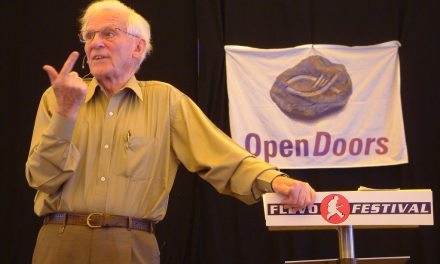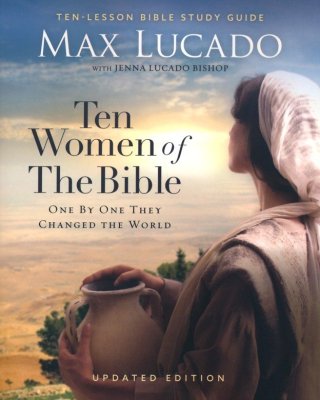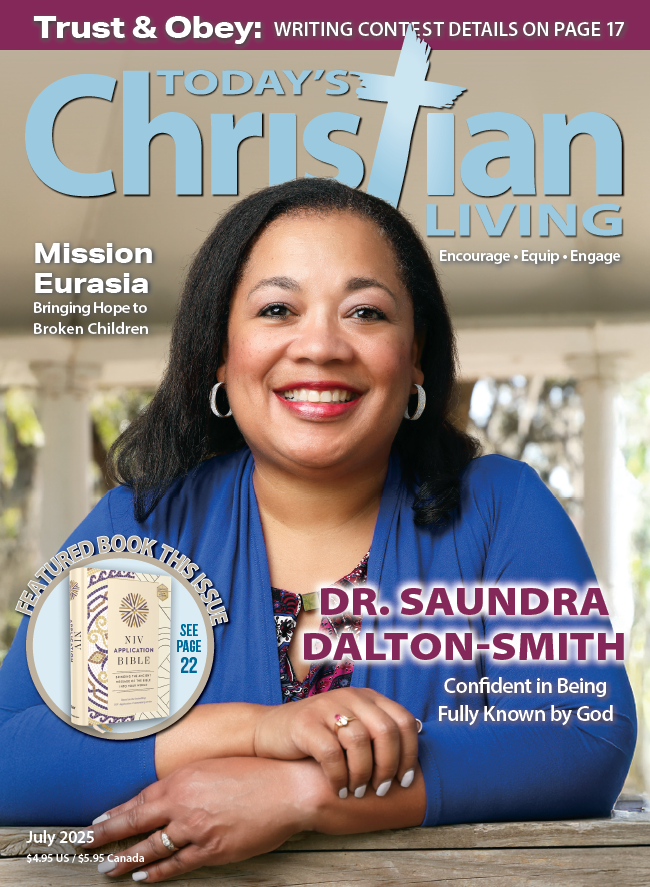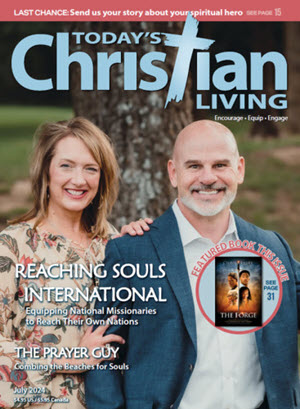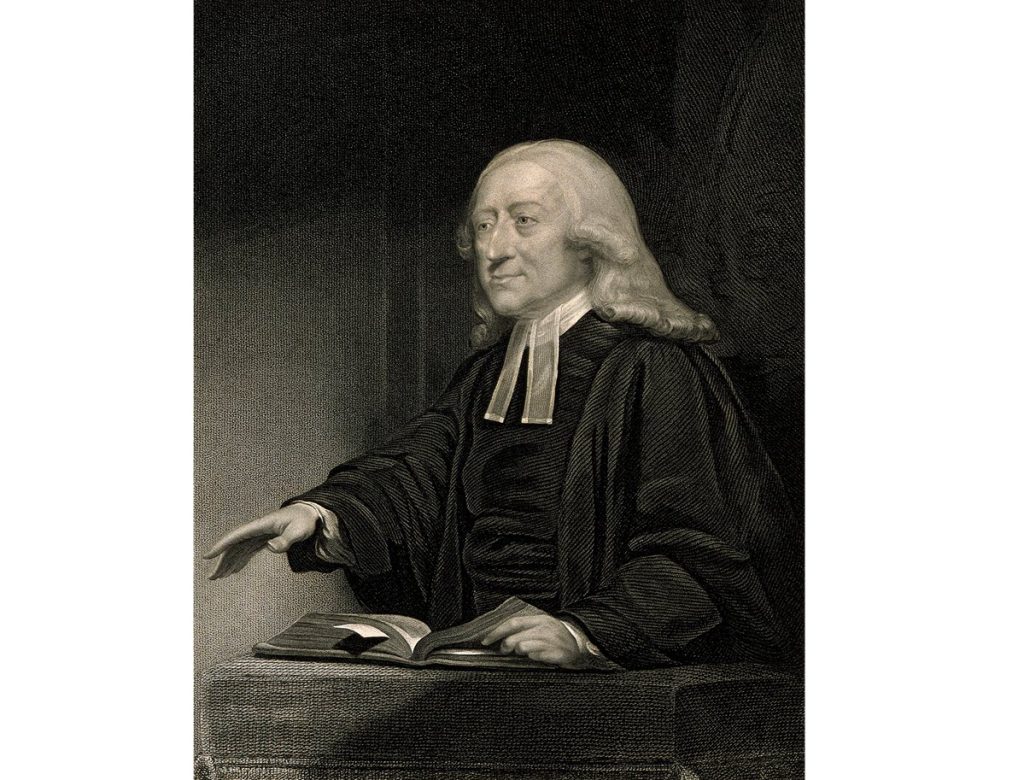
Although John Wesley is the father of the Methodist church he was never a member of the denomination. In fact, he remained an Anglican clergyman throughout his ministry, though his understanding of being a true Christian grew and changed throughout the years.
John Wesley was born in Epworth, England in 1703. His father, Samuel, was an Anglican rector at the Epworth Parish and his mother, Susanna, was raised by a Puritan minister. Some of Samuel’s parishioners were unhappy with his leadership and set fire to the rectory, with the whole family inside, to persuade him to leave. John was the last of the children (there were 19 in all) rescued.
When he was snatched from the second story window, John’s mother believed God had special plans for John, “a brand plucked from the burning,” and began investing a great deal of time teaching and guiding him in spiritual matters.
John Wesley completed first a bachelor’s, then a master’s degree at Christ Church College, Oxford University, in 1777. He began the first of several spiritual transformations in 1725 when he began to take his faith more seriously—pursuing a life of Christian perfection and mystic union with Christ.
Two years later he concluded, based on his studies, it was impossible to live a life only partially devoted to God. He developed a strict lifestyle aimed at pleasing God; no leisure, persistent prayer and studying God’s word. This pious lifestyle led him to see and try to meet the needs of the poor and imprisoned.
Despite all his efforts, John Wesley became dissatisfied with the mysticism and self-denial he had embraced. He still felt distant from God. Then, and 1735, he and his brother, Charles, went to Georgia on a missionary journey. As they were traversing the ocean, many passengers feared the ship would be lost in a storm. However, the Moravians on board were calmly singing hymns. As John Wesley learned more, he became envious of their faith in God and their assurance of salvation.
When he returned to London, John attended a Moravian service where he heard Martin Luther’s commentary on Romans and being justified by faith alone. On May 24, 1738, John Wesley finally understood the gospel. “About a quarter to nine, while he was describing the change which God works in the heart through faith in Christ, I felt my heart strangely warmed. I felt I did trust in Christ, Christ alone for salvation; and an assurance was given me that He had taken away my sins, even mine, and saved me from the law of sin and death.”
He discovered that communion with God did not have to come through arduous discipline and self-denial—though practicing the disciplines of the faith and being willing to deny ourselves are still important practices for those who follow Christ. We are made one with Christ through faith in His finished work on the cross alone.
John Wesley began preaching not only in churches, but in open fields. He rode over 250,000 miles on horseback (the equivalent of traveling around the equator 10 times) and preached over 40,000 sermons. He reached the poor and common people in droves. By the time of his death in 1791, he had 79,000 followers in England and 40,000 in America.
With so many followers, he was no longer able to keep up with the discipleship side of his ministry that he knew was crucial to establishing people in their newfound faith. But he didn’t give up that aspect of his ministry altogether. He wrote countless letters encouraging believers to grow in their faith and put it into action. In fact, he wrote to William Wilberforce and asked him to take up the fight against slavery in Parliament – a cause Wilberforce successfully devoted his life to.
In addition to leaving behind the Methodist denomination, which has been responsible for an untold number of souls finding eternal hope in Christ, John Wesley (and his brother Charles) left behind a rich heritage of hymnody. Among the hundreds of hymns he wrote or translated are many we still sing today: “And Can it Be?,” “Christ the Lord is Risen Today,” “Hark the Herald Angels Sing,” and “O For a Thousand Tongues to Sing,” to name a few.
“Whosoever will reign with Christ in heaven, must have Christ reigning in him on earth.”
John Wesley
Information taken from https://www.cslewisinstitute.org/resources/profiles-in-faith-john-wesley




